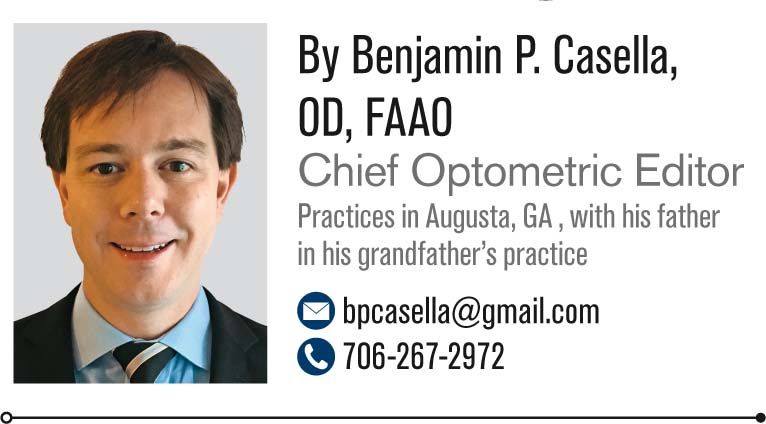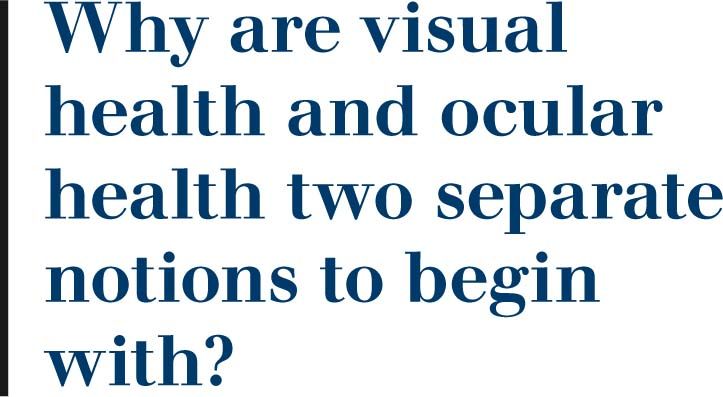Dental and Optometric Care Access Act gains traction
As the DOC Care Access Act, which has the backing of the American Optometric Association and the American Dental Association, continues to gain traction, the conversation will likely become more vocal on all sides.

If there exist any one universal truth in Washington, DC, it is the fact that nothing happens quickly. About a year ago, I was at a legislative luncheon with the governor of Georgia, who was a member of the U.S. Congress before being elected to his current position. President Trump’s “first 100 days” agenda was the political topic du jour, and I can remember our governor saying something to the fact that nothing happens in that town in 100 days.
The fact of the matter is that new legislation typically takes time to gain traction. Some of this is due to the organizational structure of a representative democracy with a bicameral legislature, and some is due to, well, politics.
Previously from Dr. Casella: Following Occam’s razor in optometry
Helping ODs
With that said, one bill that is gaining traction as of late is the Dental and Optometric Care Access Act (HR 1606), known simply as the DOC Access Act. Rep. Earl L. “Buddy” Carter (R-GA) introduced this legislation into the 115th Congress, and, to date, it has gained over 60 cosponsors with both sides of the aisle significantly represented.
This bill aims to prevent insurance companies from forcing providers into situations viewed as unfair by its backers. This includes requiring providers to participate in vision insurance plans in order to be providers on certain medical insurance panels. The bill also aims to prevent vision and dental insurance companies from requiring providers to use certain labs, as well as requiring providers to discount non-covered services.

As the result of hard work and perseverance by many, a number of states, including my home state of Georgia, have their own access-to-care laws in place, but a federal law would obviously be more significant.
I had the opportunity to sit down with Rep. Carter and ODs a couple of years ago in his Washington, DC, office and discuss the merits of this bill. He is a South Georgia pharmacist who understands firsthand what hoops providers and patients are sometimes required to jump through in order for proper care to be attained. He also has a fluent pulse on the point of such legislation in the grand scheme of things: to provide better care for the patient.
As the DOC Care Access Act, which has the backing of the American Optometric Association and the American Dental Association, continues to gain traction, the conversation will likely become more vocal on all sides. Questions, of which there are many, will come and go. However, one question will likely persist: Why are visual health and ocular health two separate notions to begin with?